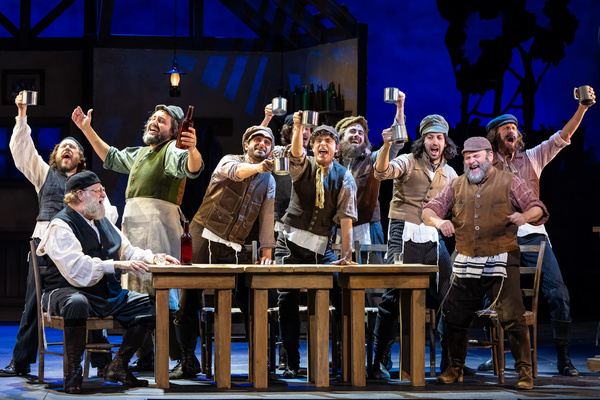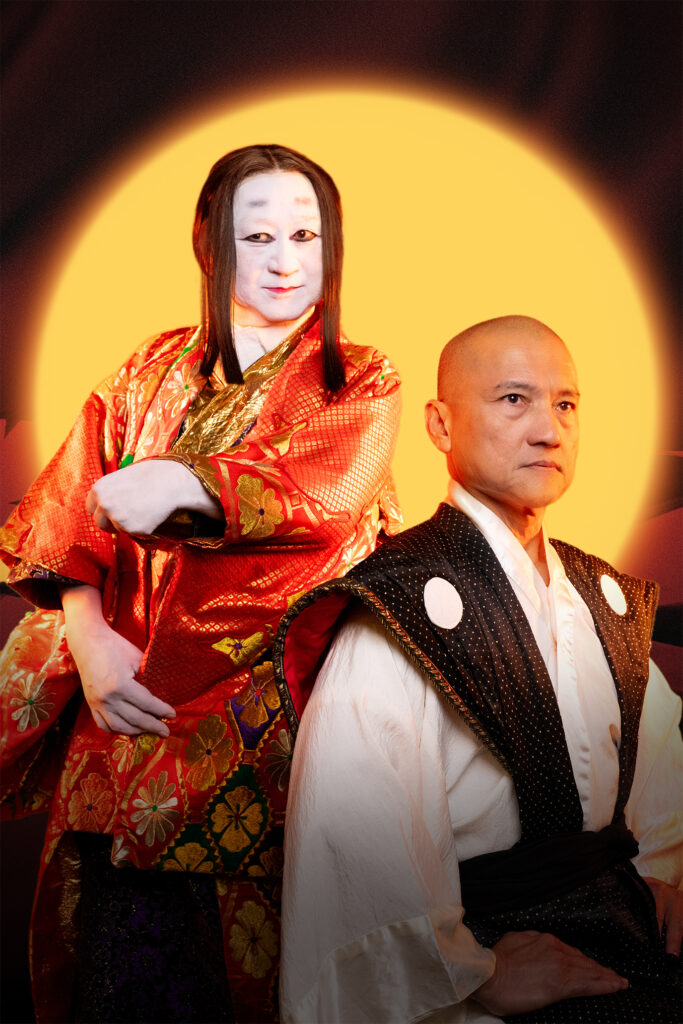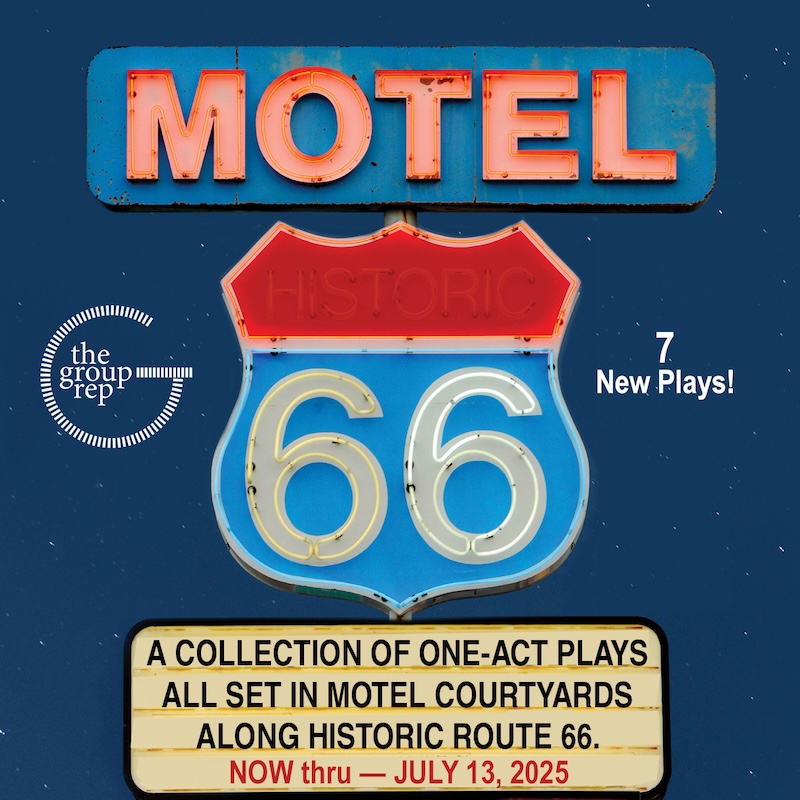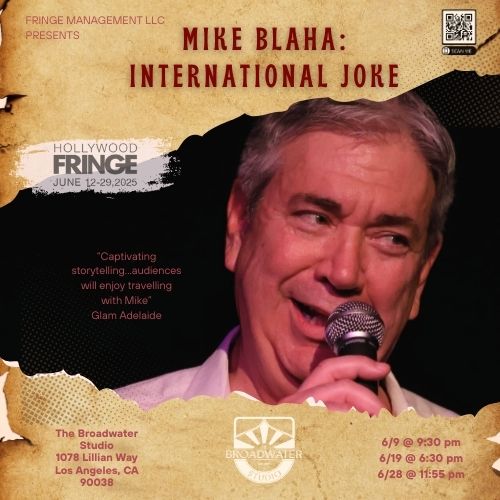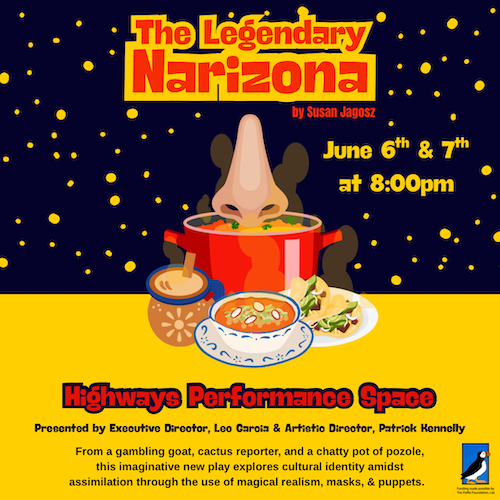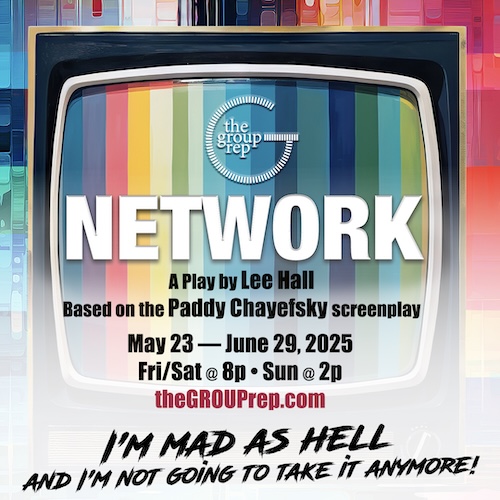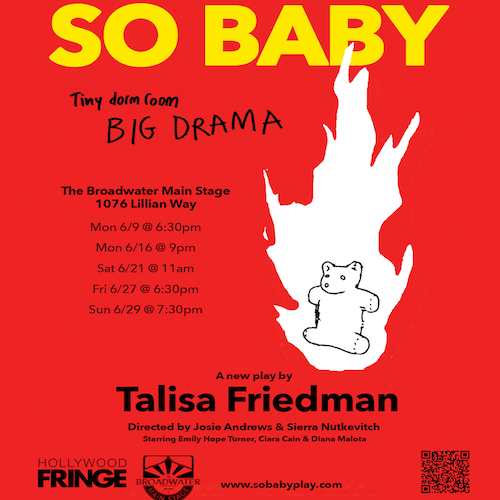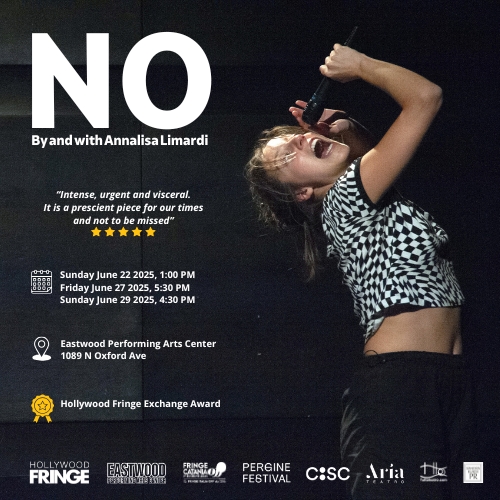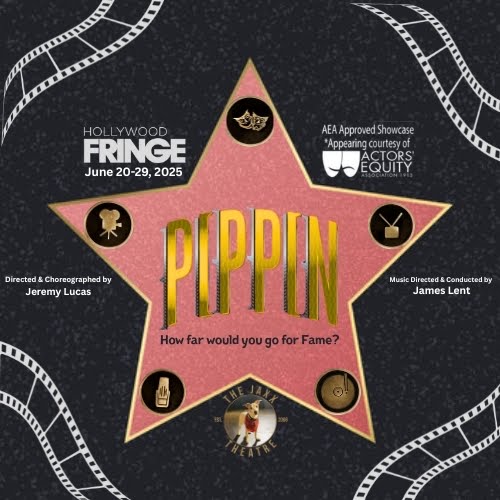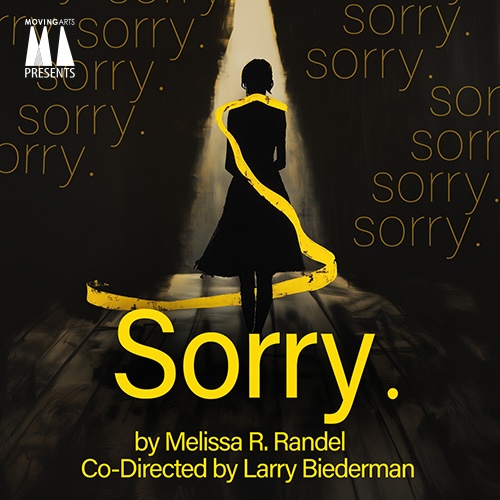
The company of “Fiddler on the Roof” at La Mirada Theatre
Reflections on Pacific Overtures and Fiddler on The Roof
In times of upheaval, what is the responsibility of the individual?
By Asa Fris
This article is part of the Stage Raw/Unusual Suspects Youth Journalism Fellowship
East West Players’ Pacific Overtures and La Mirada Theater’s Fiddler on The Roof deal with the infinite complexity of societal change. Pacific Overtures, written by John Weidman, music and lyrics by Stephen Sondheim, follows the inhabitants of Nippon (Japan) and their coerced yet triumphant assimilation into global culture, from 1853 through present day 2024. America invades Nippon, and as more countries follow their lead, Nippon must decide how best to move forward. Fiddler On The Roof, written by Joseph Stein, music by Jerry Bock and lyrics by Sheldon Harnick, follows Tevye (Jason Alexander) as he navigates difficult questions of faith and family, while dealing with mounting violence and eventual expulsion from the Russian government. Fiddler takes place in 1905, on the eve of the first Russian Revolution in Anatevka, a village in modern day Ukraine. Tevye, his family, and his village must decide how best to move forward.
One question hangs over each production: Who is responsible? In times of great change, what is the responsibility of the individual?
In Pacific Overtures, Kayama (Brian Kim McCormick) and Manjiro (Adam Kaokept) are tasked with intercepting the Americans when their warships first arrive. At first, Manjiro, a fisherman from Nippon who has spent the last six years in America, embraces the bright lights of American culture and touts the many benefits of their arrival. Kayama, a samurai, quickly rising in the ranks of Nippon’s government, works to keep American feet off the sacred soil of Nippon. Over the course of the show, Kayama adapts to his culture’s gradual global assimilation and Manjiro, now a samurai, rejects it. Eventually a violent revolt breaks out, and the two meet again, now on opposite ideological sides. They fight to the death.
In Fiddler, Tevye deals with a tremendous amount of responsibility to his neighbors, his family, and God, and he must choose whom to prioritize. Should he adhere to his culture’s marriage tradition of matchmaking or his daughter’s wishes to marry whom they love? Tevye often sides with his daughter’s happiness, however, when his daughter Chava (Emerson Glick) asks to marry a man outside of their faith, Tevye draws a line and ultimately disowns her. In a sense, the result/outcome of each of Tevye’s choices to break tradition is a loss of values. To permit Chava to marry a man outside their faith Tevye would have to betray his commitment to God. Is Tevye more responsible to God or to his daughter?
When Pacific Overtures was first produced in 1976, the cast featured an AAPI ensemble. Though groundbreaking for the American theater at the time, EWP must now navigate what it means to put on a show like Pacific Overtures. Although writers Weidman and Sondheim were respectful and well-researched and welcomed edits to the musical in the hope of increasing cultural accuracy, the conception of the show is not of Asian culture or perspective. How then does a company like EWP work to make Pacific Overtures theirs? Lily Tung Crystal speaks on this in her program note: EWP chooses to embrace the piece, and proudly reclaims the show as their own. The musical ends with a similar attitude. The leadership of Nippon decides to wholly embrace and triumph over assimilation in a musical number aptly called “Next!”
In Fiddler, Yente (a standout performance by Eileen T’Kaye) fights ‘progress.’ She does not understand or support new radical marriage norms. She was herself subject to an arranged marriage and speaks often of the many shortcomings of her chosen husband. She has been shaped by the experience and carries an authority with her for having endured it. Eventually, though, she decides that it is a losing battle and as many in her community search for a new home in America, she cannot join them. She is a matchmaker and she will go where a matchmaker is wanted. She will go where her values of marriage and duty to God are shared. Where her own experience is shared and valued.
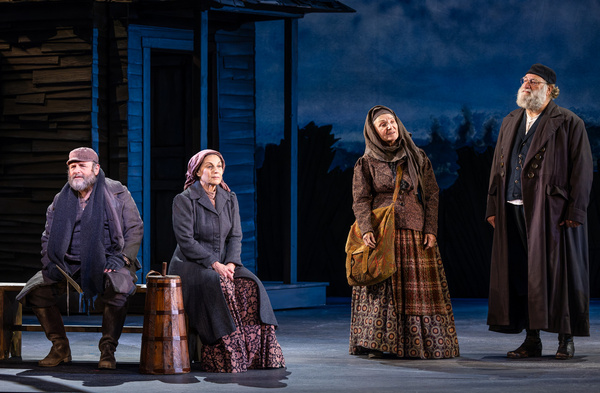
Jason Alexander, Valerie Perri, Eileen T’Kaye and Ron Orbach in “Fiddler on the Roof” at La Mirada Theatre (Photo by Jason Niedle/Tethos)
Here in America many struggle to meet their basic needs. Living costs are high, technology and social media challenge our emotional and mental health, and many communities face rising discrimination and violence. Many believe that it is an erosion of American values that has led to our current situation. Others would say that by holding on to outdated values we drag our feet in the past and hinder ourselves from progress. Most folks are a mix of both. Most also yearn for things to change.
It is at a time like this when the work of East West Players and La Mirada Theater becomes strikingly important. It is a gift to have such excellent and sensitive work when insensitivity continues to become the new fashion. These productions will never give an outright answer for how to deal with our lives — and they shouldn’t. What they do provide is a chance to ask questions of the world, and of yourself.

